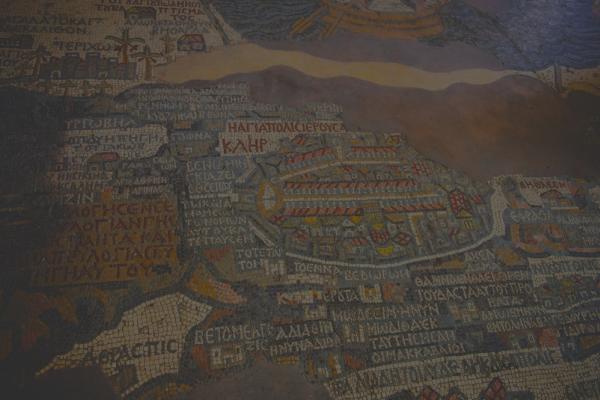Dec 11, 2015
So what do we do about ISIS? The U.S. and the U.K. have decided that the answer is to bomb them. And it’s looking more and more like the answer will become to send troops.
But what do we do about ISIS? Does it make a difference whether I respond as an American or as a Christian? These days it’s hard to tell a distinction between the two. And that’s the question, and the answer, that scares me most.
Read the Full Article

Already a subscriber? Login
